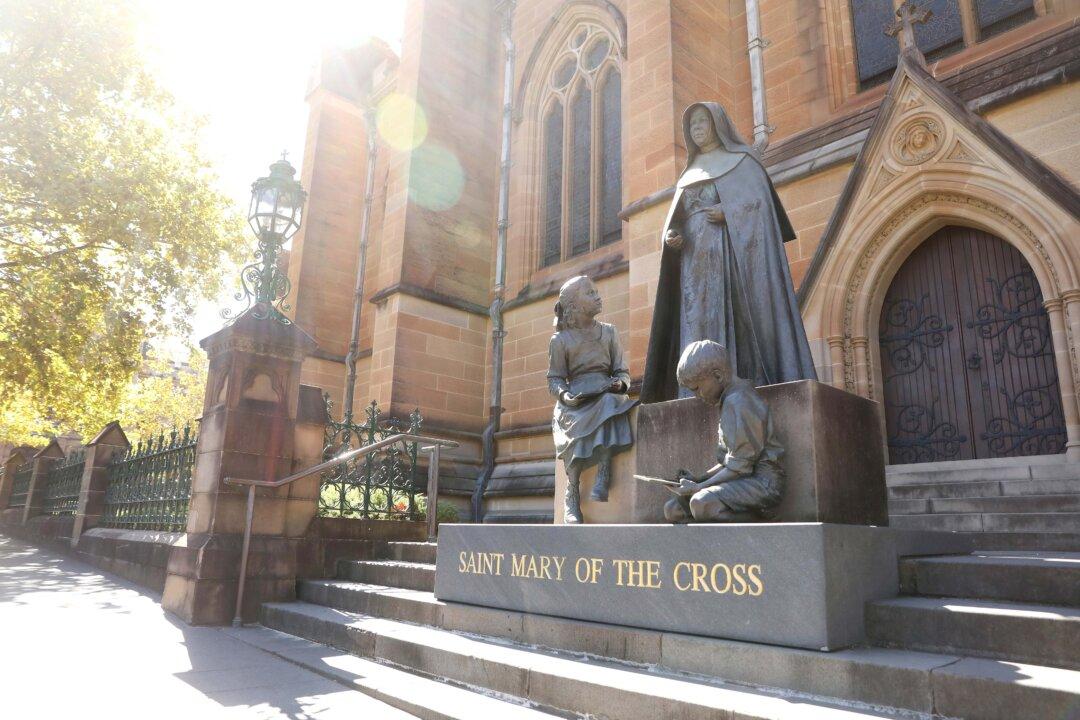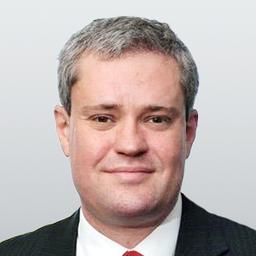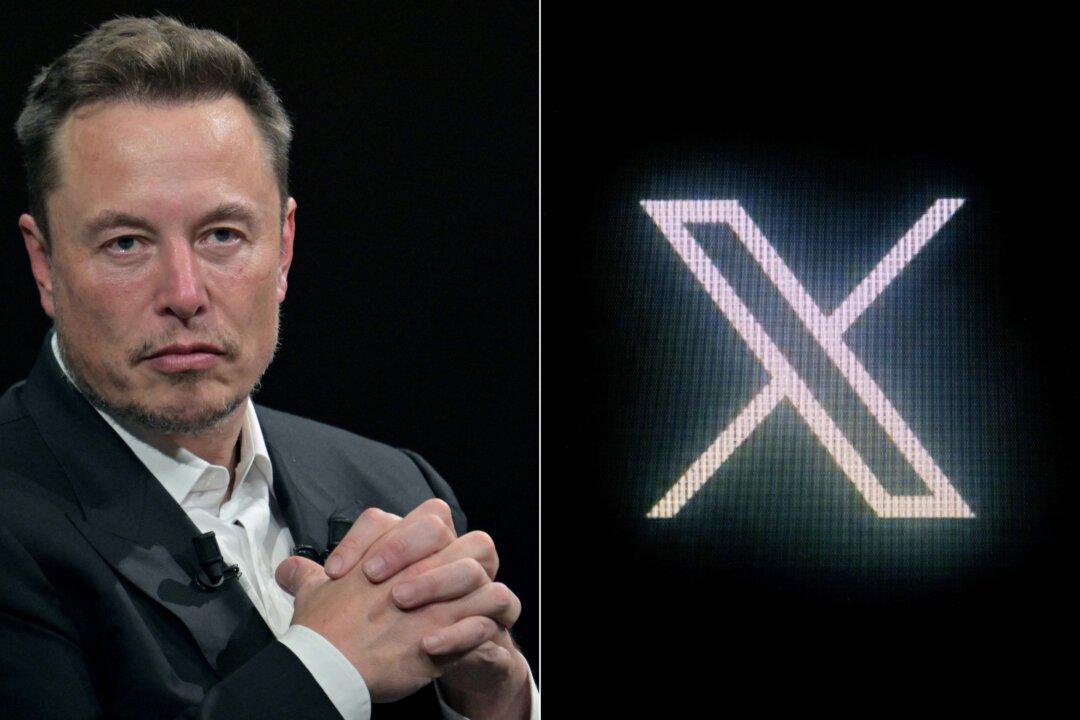Commentary
One of the most peculiar characteristics of contemporary Australia is that opponents of religious expression often assume that Christian beliefs are irremediably divisive, bigoted, and irrational. As a result, Christian people and organisations can now be sued for merely living by their traditional religious beliefs.





